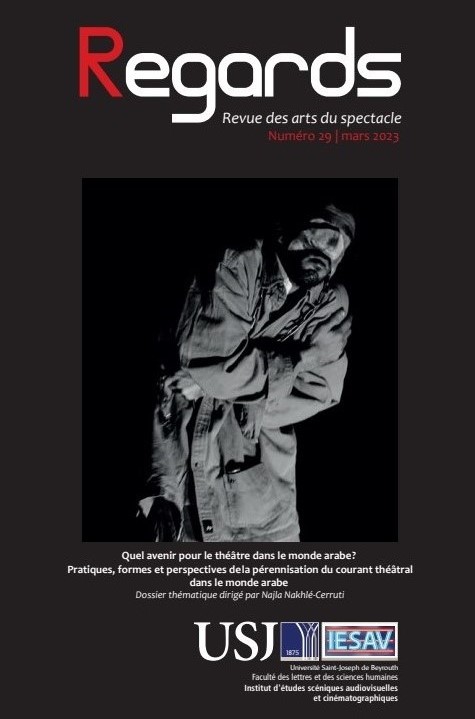Abstract
In this paper, we study the presence of Moliere in the theatre of Mārūn al-Naqqāš and of Tayeb Saddiki. We show how al-Naqqāš appropriated Moliere’s theatre to introduce a new literary genre in the Arab world of Westernstyle theatre. He employs the comedy and satire of Moliere’s theatre as a tool for reflection. In his play al-Baẖīl deals with the theme of avarice and that of generational conflicts which he exposes with the comic vein and satire. In doing so, he urges his fellow citizens to innovate in the arts from the classical adab and the glorious past of the Arab world.
The second part is devoted to Tayeb Saddiki’s appropriation of Moliere’s life and comedy in his two plays Moliere and love of humankind and We are created for mutual understanding. In the first, Saddiki appropriates the comedy of Moliere and its characters to revive the cultural heritage of Morocco, claim the plurality of his country and, especially, fight against fundamentalism that has already eaten away at his neighbouring country and has claimed victims, including his friend Abdelkader Alloula. In the second, he deals with political and cultural relations between Morocco and France, wherein the figure of Moliere is used both as a guarantor of these relations and as a character common to both Moroccan and French cultures.

